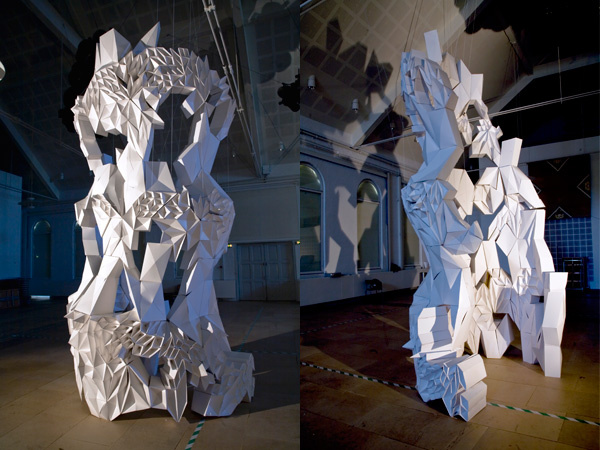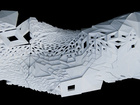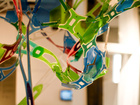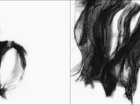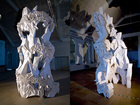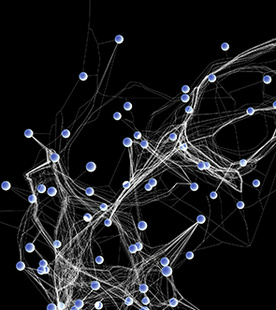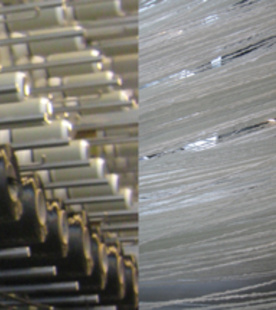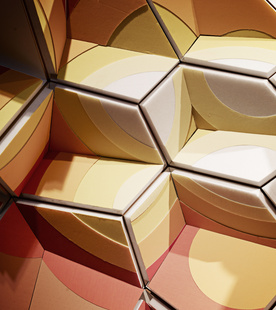Jacob Riiber: Generative Processes in Architectural Design
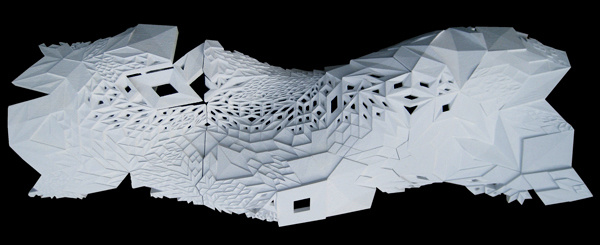
Observed in the context of a computational and generative approach to architectural design the intention is to explore a relation between technology and difference emerging within this field. This endeavour is staged as an investigation of a productive conflict contained within a development of the concept of reflexivity.
The conflict in question appears within a seemingly oppositional schema, defined firstly by concepts of planning, control and hierarchy, and secondly by notions of self-organisation, non-linearity and autonomous agency. By introducing the mechanism of reflexivity, this apparent binary model is proposed to become directed towards something more ambiguous and complex, than what its simple construction might at first convey.
Here reflexivity is identified as a dynamic component articulating a process of mixing a necessity for directionality, overview and target with the unruly processes and agencies mediated by generative design procedures. This conflicting structure defines the problem domain of the thesis, and the mechanism of reflexivity the core issue to be addressed.
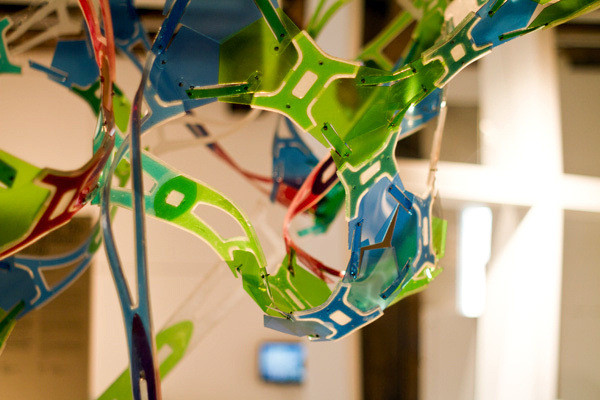
Directed towards an understanding of this productive conflict the inquiry is conceptually approached as an effort to describe a suitable framework for a digital design practice, capable of navigating the space defined by the problem domain. The concept of a framework is to be understood as a productive open-ended field – reminiscent of a map – supporting, describing and enclosing a set of interrelated points of orientation and areas of movement.
These are thought of as a means for steering a practice of design. Thus, the framework contains elements pertaining to methodology, technology and ideology without being either. The construction of the framework unfolds as an investigative, experimental and inventive practice by means of parallel movements between discourse and making; accordingly, producing elements that are material, technical and conceptual.

The goal is to contribute to a tendency in contemporary architecture, which critically and experimentally explores potentials associated with the use of computational technology in architectural design. In this endeavour the project results in a series of proposals for how such a practice might unfold in light of a generative approach to design. Not as a methodology but as points of productive orientation, and as a supplement rather than substitute of existing practice.
